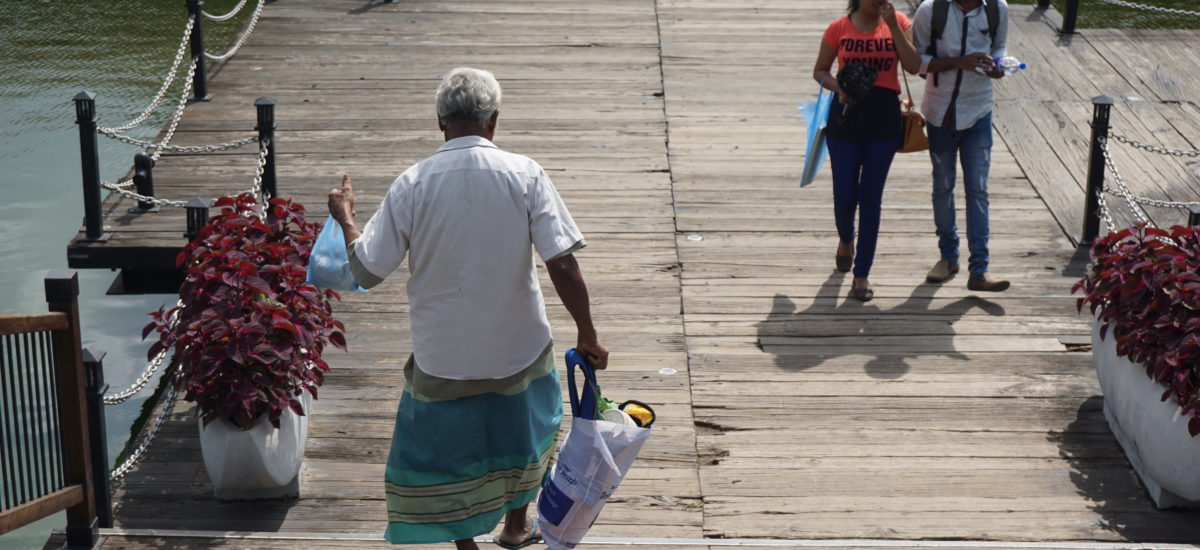“Why are you asking these questions?” a bystander asks.
He had been watching me approach the vendors hawking their wares. Although he smiled politely as he asked, his upper lip curled, betraying his contempt.
“Look,” he waved his arm, encompassing the entirety of Prince Street. “We can walk freely here now. Now the war is over, why are you asking us about human rights?”
This reaction was not uncommon. In Maradana, in Pettah and in Kollupitiya, faces clouded at the very mention of the term “human rights.”
Human Rights Day, which falls on December 10, also marks the 70th anniversary of the Universal Declaration of Human Rights. Groundviews juxtaposed different articles from the Declaration with several of the rights issues that Sri Lanka has been grappling with, over decades. As Savitri Hensman noted in an earlier article on Groundviews, the idea that human rights are universal needs to be inculcated, so that a broad cross section of society can come together for their preservation.
And yet, it is clear that the very phrase, “human rights” is loaded for some. To the questioner on Prince Street, human rights was somehow connected with questions around what happened at the end of the war. However, alongside those who were sceptical or unwilling to speak, there were also those who recognised the importance of human rights, but felt that not enough had been done to create a culture that was rights-based and which addressed inequality.
Many of those interviewed felt that the State should be doing more to change the conversation around human rights, and to remove the negative connotations associated with the word. There were those who felt that the very idea of human rights was something remote, unconnected to them entirely. And there were those who said that civil society had not done enough to communicate rights issues in a way that resonated with their experiences.
As Hensman noted, “the challenges in building an ethos of rights should not be underestimated. But if those too young to have lived through the events of July 1983 and their aftermath are to be spared such horrors, it may be necessary to work towards a recognition that all deserve basic freedoms, recognition of human dignity and the necessities of life.”
The key question then is how to achieve this recognition? Should this be through the Civic Education modules in classrooms, a cleaner political culture, active citizenship or reflection and collaboration from civil society (or all these things combined?)
These questions may be vital to reflect on, in order to avoid repeating the mistakes of the past.
Groundviews compiled a short video based on some of the interviews, accessible below.

